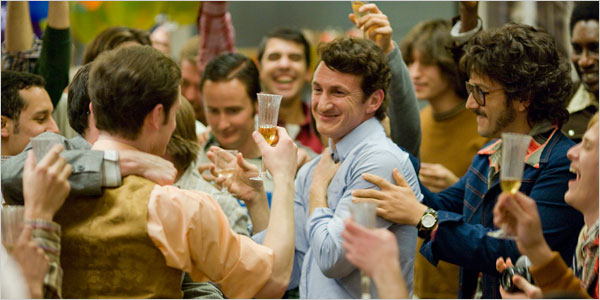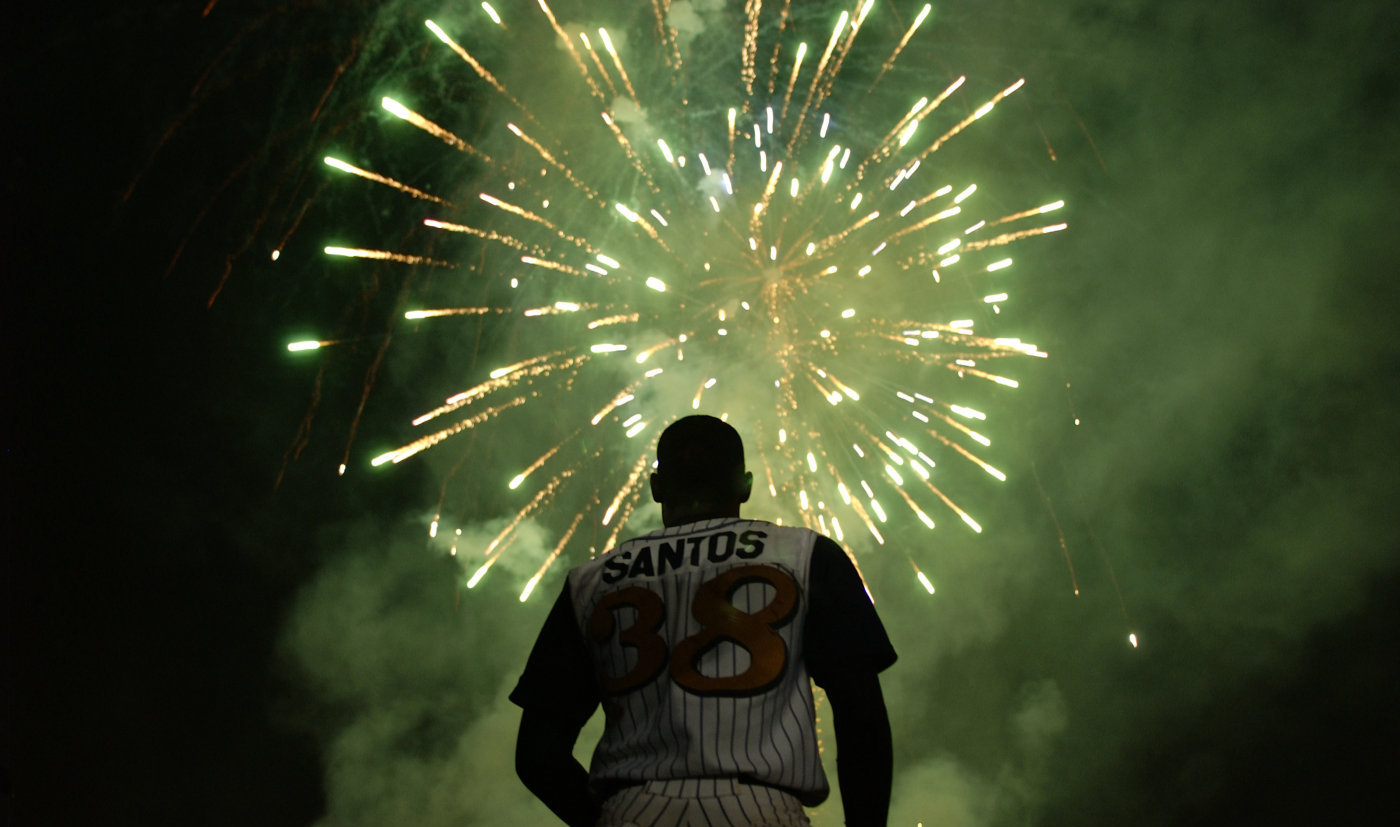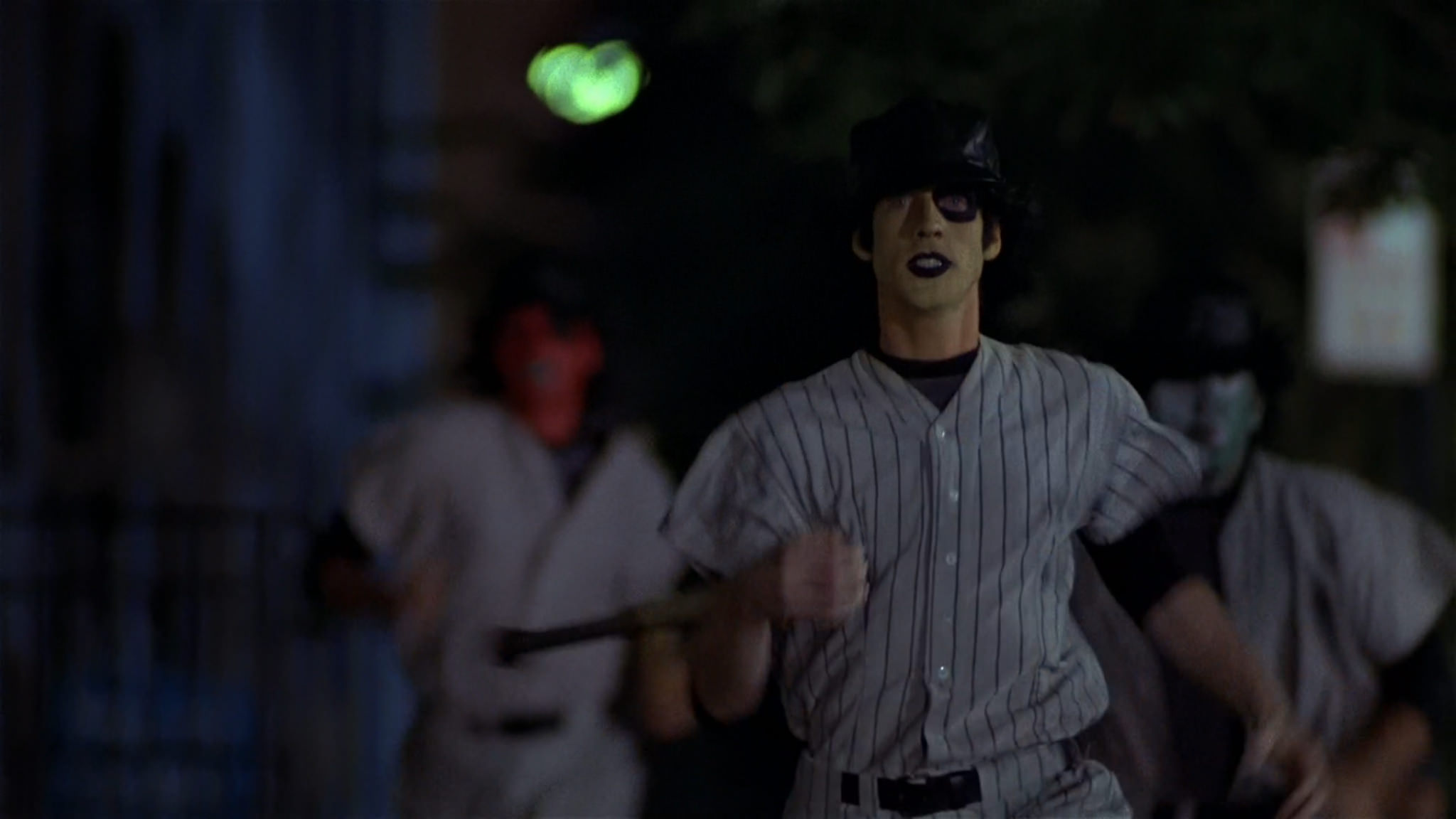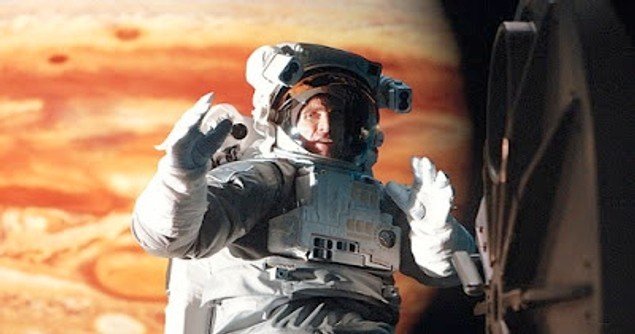Directed by Darren Aronofsky.
2014. Rated PG-13, 138 minutes.
Cast:
Douglas Booth
Mark Margolis
Leo McHugh Carroll
Even if you're not religious, you're probably familiar with the story of Noah's Ark. The Good Lord was so fed up with mankind that he sent a great flood to wipe us all out. Before He did, though, He let Noah in on the plan and told him to build a great ark and all the animals, two by two, will join him and his family. That way, when the waters recede all of the various species can continue. Noah did precisely this and the world was repopulated entirely by the occupants of the most famous boat of all time. With Russell Crowe in the titular role, Noah fleshes out this saga in more detail than has ever been attempted.
Noah is presented to us as a simple man. He is wholly devoted to The Creator first, his family second, and has the courage of his convictions on all fronts. Crowe plays him as a man with a quiet, yet unwavering, authority. It is also unquestioned within his own family. When he says 'we're building an ark and all the animals are coming,' his wife Naameh (Connelly) doesn't even blink. It's evident that she is as committed as he to carrying out The Creator's wishes. If either of them, or anyone in the movie for that matter, isn't quite sure what He is saying to them, or what should be done next, they go pay a visit to Noah's cave-dwelling grandfather Methusaleh. All is then made clear and we drive on. Also involved are Noah's sons Shem (Booth), Ham (Lerman), and Jahpeth (Carroll). This makes for some pretty interesting family dynamics when things don't seem to be going quite as planned, or at least to everyone's liking. This provides the movie with its biggest dilemma and a controversial outcome. It opens the door for the interpretation that Noah was ultimately a failure in God's eyes. Noah himself seems to feel this way. It goes against the prevailing idea that he was an unmitigated success. Well, unless I missed something. That's entirely possible given I'm not a religious guy. If so, feel free to let me know.
Then again, letting me know what I missed isn't really necessary because this movie really only uses the biblical story of Noah as an outline for the rest of the movie. Basically, that he built an ark, all the animals came, and The Creator flooded the world destroying all life outside of that ark is all that's taken from scripture. However, this isn't a complaint. I fully understand why so much was added to the story. It would have been really boring watching Noah and his family chop down trees, swing hammers, and sing spirituals while they work for a hundred years to get it done. Likewise, it would not have been exciting watching them sail along for forty days and forty nights unless the animals started getting unruly. By the way, the movie very neatly skirts this possibility. Things were needed to give us human conflicts the viewer could relate to. To that end, we get the family drama, including a very tough situation that weighs heavily on the movie's final act. We also get a villain in the form of Tubal-cain (Winstone). He believes Noah really has been told by God to build the ark and that a great flood is coming. Well, Tubal-cain has an army and he wants on that boat! These things work pretty well to create tension where the source material has none. There is also an additional layer of mysticism applied to a tale that already starts with a supernatural conversation. This comes in the form of "The Watchers," fallen angels made of light but encased in rock ages ago when they betrayed The Creator by helping mankind. They seem to have leapt from Peter Jackson's imagination as possible Middle Earth inhabitants. Their presence gives our heroes some much-needed allies and they really spring to life during movie's largest battle scene.
On the technical side, director Darren Aronofsky has created a visually pleasing film. There are lots of wide shots of our heroes either traversing lush landscapes or hard at work on the ark. These and the depiction of the battles again bring Peter Jackson to mind. In battle, The Watchers take on humans in spectacular fashion. Bodies and rocks fly about the screen as swords, axes, and all sorts of ancient weaponry is put to use. By the time we get quite that far, however, we have already seen the most amazing shot of the movie: a forest instantly springing up around Noah and family from a singular seed. Another wonderful sequence has our hero audibly recite the story of Creation, but visually melds it with The Big Bang Theory and evolution. During our scenes aboard the famed vessel, we get lots of shots of people coming out of and going into the shadows symbolizing the less than altruistic intentions of several characters. We are also shown more close ups mimicking the claustrophobic nature of their situation. It's a clear case of the director and his cinematographer using the camera to influence the viewer.
Like lots of films, how much we enjoy Noah might depend on the expectations we bring to it. If you are a devout Christian and/or looking for something that sticks closely to the story you know and love, you may be sorely disappointed. I venture to say so many liberties are taken wish the source material it's possible you'll be offended. Of course, there's that whole bit about just what happened at the beginning of time. If you go into it dreading having to sit through a religious flick, you might just roll your eyes all the way through. Fallen angels and God delivering ultimatums in a voice only heard by one person is not going to change your mind. However, if you enter without clinging to your thoughts on what it should be, you will be pleasantly surprised. The story is told well and a good deal of tension is created. It also looks very good, as mentioned. It can drag a bit in spots, but things perk up whenever Ray Winstone or Anthony Hopkins is on the screen. It's a decent watch, but won't inspire you to start building an ark anytime soon.
MY SCORE: 6.5/10














.jpg)
























